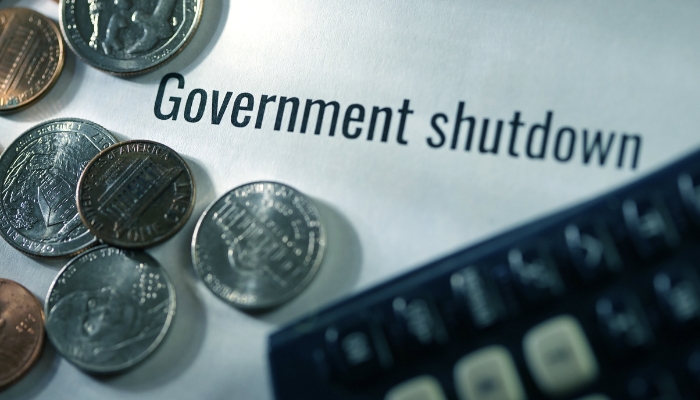US Government Shutdown Threatens Credit Rating
Anúncios
Moody’s Investors Service has issued a warning that the United States’ credit rating could face pressure if the government experiences a shutdown. According to a Moody’s note, such an event would be “credit negative” for the US sovereign.
While the note states that government debt service payments would not be affected, and a brief shutdown would unlikely disrupt the economy significantly, it would underscore the country’s institutional and governance weaknesses compared to other AAA-rated sovereigns. These weaknesses include increasing political polarization, declining fiscal strength due to widening fiscal deficits, and deteriorating debt affordability.
The federal government may face a shutdown on October 1 if Congress fails to pass a federal spending bill. Notably, Moody’s is the only one of the three major credit rating agencies to assign the United States an outstanding AAA rating. Standard and Poor’s downgraded the US in 2011 during the debt ceiling standoff, and Fitch Ratings lowered the country’s credit rating to AA+ following the most recent debt ceiling debate.

Moody’s also emphasized that continued weak fiscal policymaking leading to persistent high fiscal deficits and unexpectedly high interest costs would put pressure on the US rating or outlook.
The economic consequences of a government shutdown would primarily affect areas with a significant government presence, and the extent of the impact would depend on the shutdown’s duration. Most economic impacts, particularly on spending, would be temporary and reversible once the government reopens. However, a prolonged shutdown that damages national business and consumer confidence or triggers negative reactions in financial markets could have a more pronounced effect.
Lower government spending and reduced consumption by affected federal workers and government contractors would be the most direct consequences of a shutdown, Moody’s noted.
This warning isn’t the first time the US government has faced a shutdown. In late 2018 to early 2019, the government shut down for a record 35 days due to a congressional stalemate over funding for then-President Donald Trump’s border wall. The shutdown had various adverse effects, including delayed paychecks, reduced hours for federal workers, and stalled contracts, costing the economy an estimated $11 billion, according to the Congressional Budget Office.
A potential government shutdown this time could also harm the US travel industry, with the US Travel Association estimating a daily economic impact of $140 million. Furthermore, such an event could leave investors, economists, and policymakers at the Federal Reserve without crucial data, as the Bureau of Labor Statistics has stated that a shutdown would delay the release of essential information on inflation and employment. This would force Fed officials to rely on data from the private sector to make significant decisions on interest rates.
See also: Job Security in Auto Workers’ Strike



